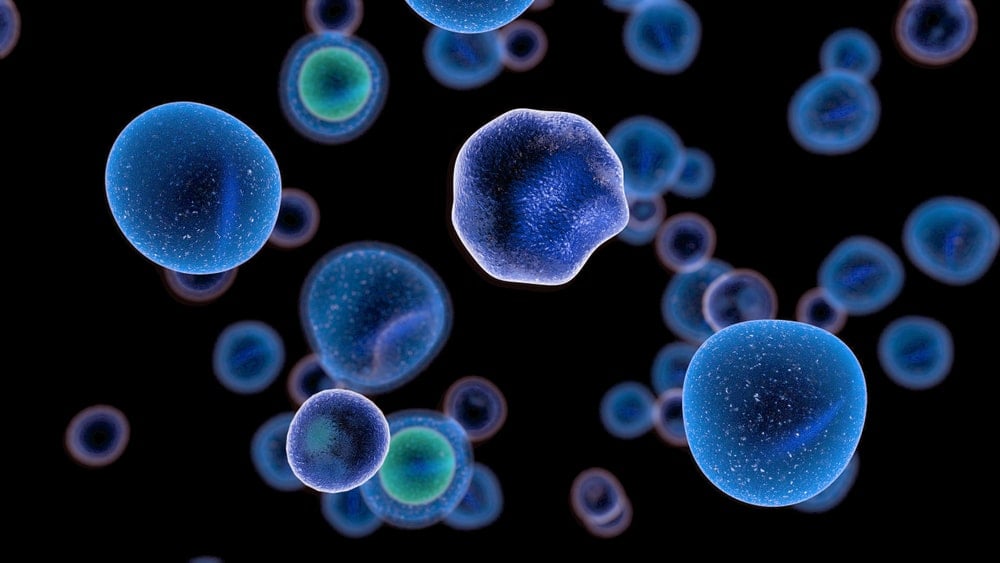Newsletter Signup - Under Article / In Page
"*" indicates required fields
Achilles Therapeutics plc says its newly-developed AI application, trained with proprietary real-world data, outperformed current AI and non-AI methods for neoantigen immunogenicity prediction in a recent analysis, enabling the identification of the most potent clonal neoantigens for personalized cancer therapies.
Further details of the company’s AI-powered PELEUS bioinformatics platform are expected to be presented at an upcoming scientific meeting.
Of the large numbers of neoantigens initially identified in a patient’s tumor, only a fraction will yield T cell responses that can deliver clinical benefit. Achilles said it has developed an AI tool to enable the prospective identification of the most potent neoantigens. The new PELEUS neoantigen immunogenicity ranking module was trained and validated with data from more than 10,000 neoantigens from in-silico identification through expansion and characterization of actual T cell clones.
With this new tool, the PELEUS platform can accurately predict which neoantigens are most likely to generate a potent T cell response, supporting the potential implementation of the platform into the company’s ongoing TIL-based clinical programs in advanced non-small cell lung cancer (NSCLC) and melanoma, and into other modalities including clonal neoantigen cancer vaccines.
Personalized neoantigen approaches
“We believe our “Target-to-T Cell” approach will be fundamental to unlocking the potential of precision therapies from our own T cell approach with TIL-based clonal neoantigen-reactive T cells (cNeT) to personalized neoantigen approaches. We believe the key to accurate predictions, and thus the best neoantigens and related products, is training your AI system on the highest quality data sets,” said Sergio Quezada, chief scientific officer of Achilles Therapeutics.
“The superiority of our patent-protected PELEUS platform in predicting clinically relevant clonal neoantigens with this new AI module has transformational potential, as a focus on the most potent antigens should drive long term durable responses with a wide range of precision treatment modalities.”
The analysis conducted by the Bioinformatics & Data Science Team at Achilles demonstrated that the PELEUS platform delivered significantly improved ranking performance when compared to currently used methods as measured by “Receiver Operating Characteristic Area Under the Curve” (ROC AUC). ROC AUC evaluates the performance of a machine learning model to predict neoantigens that are confirmed in vivo.
The PELEUS AI immunogenicity ranking tool was developed and trained using proprietary real-world data from patient material from Achilles’ Material Acquisition Program (MAP), the ongoing CHIRON trial in patients with advanced NSCLC, and the THETIS trial in patients with recurrent or metastatic melanoma. Current AI methods are trained on publicly available data from sources such as the Immune Epitope Database (IEDB), a freely available resource funded by the National Institute of Allergy and Infectious Disease (NIAID).
Late last year, Achilles was awarded a U.S. patent for the treatment of patients with an immunotherapy, including vaccine, antibody and autologous T cell therapy approaches, targeting clonal neoantigens identified using the Achilles Clonality Engine (ACE).
The power of AI in antibody discovery






